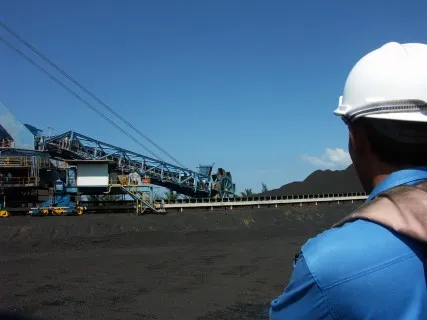
Indonesia's shifting rules threaten coal-fired plants' bankability: analyst
The new changes make these projects financially risky to develop.
In the fast-evolving regulatory landscape of the Indonesian power sector, it’s hard to say for sure how changes will affect developers, investors and lenders, according to Yulanda Chung, an energy finance consultant with the Institute for Energy Economics and Financial Analysis.
"The trends are instructive nonetheless," she said.
The state-owned utility, Persero (PLN), which is the sole offtaker for electricity in Indonesia, can now negotiate and re-allocate risks under recently revised rules issued by the Ministry of Energy and Mineral Resources on power purchase agreements. Most discussions around this change focus on how it shifts risk radically to plant developers and owners.
Here's more from Chung:
These changes, in short, make it financially riskier to develop and finance coal-fired power projects in Indonesia.
Developers have always taken comfort in “take or pay” guaranteed 30-year contracts with PLN. As long as a plant was ready for dispatch, the owner got paid, including when the plant in question was shut down by force majeure circumstances. Under the new regulation, if PLN is unable to take power from a power plant because of grid damage from, say, increasingly frequent, strong and erratic storms, PLN is relieved of its payment obligations. Plant owners and developers are stuck with such risk.
Force majeure can—and does—also come into play in the guise of government action. Political and regulatory risk are traditionally allocated to PLN, and when such risks have caused a plant to shut be shut down for a prolonged period of time, the owner has had the right to terminate its PPA after 180 days and sell the plant to PLN at a high enough price to repay outstanding project debt and lost future equity returns.
The new regulation (Regulation No. 10/2017 on Principles of Power Purchase Agreements) appears to require developer-owners to bear that risk simultaneously with PLN and to hammer out the details in PPA negotiations. One section of the new regulation, Article 28, makes it clear that PLN is relieved from obligations to buy out a power plant when a change in policy causes the plant to cease operations.
The new regulation also stipulates that the current tariff model, which includes a capacity (or take-or-pay) component, may not last for the entire life of a PPA. Rather, PLN will only be required to cover capacity payments for the 15 years typically required for debt repayment, only half the characteristic 30-year life of a PPA. Plant owners will be on their own. No dispatch, no payment.
All of these regulatory changes spell opportunity for renewable energy, which is already competitive with coal-fired electricity. Logic dictates that PLN dispatches power from the cheapest source, which means coal-fired ranking in the merit order will plunge.
And all of the changes are detrimental to the bankability of coal-fired power projects, and they make financiers think twice now about bankrolling any plant at risk of becoming a stranded asset in Indonesia’s shifting regulatory landscape. The recent reforms may be only the beginning. The government is being called on increasingly to curb air pollution, alleviate water scarcity, and meet Indonesia’s climate change pledges sealed in Paris in 2015.
Of course new regulations are subject to interpretation. Publicly, government officials have labored to allay power industry concerns by insisting that changes in PPA models won’t be all that sweeping. However, it is to the government’s credit—and in its best interests—that it is crafting a regulatory framework that frees it from risks that belong rightly to power plant owners and developers.





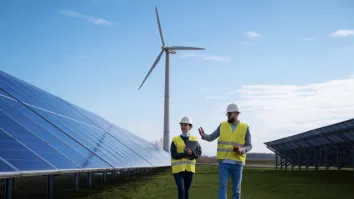




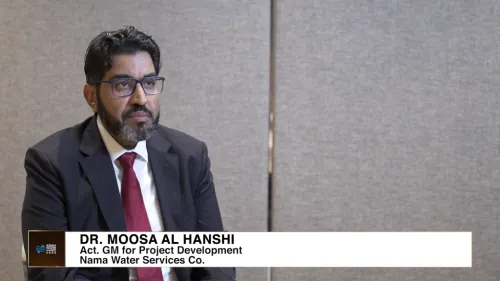

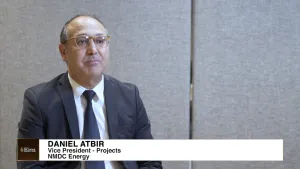
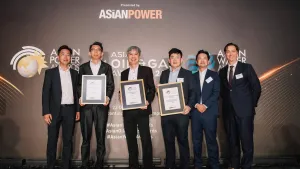





 Advertise
Advertise







